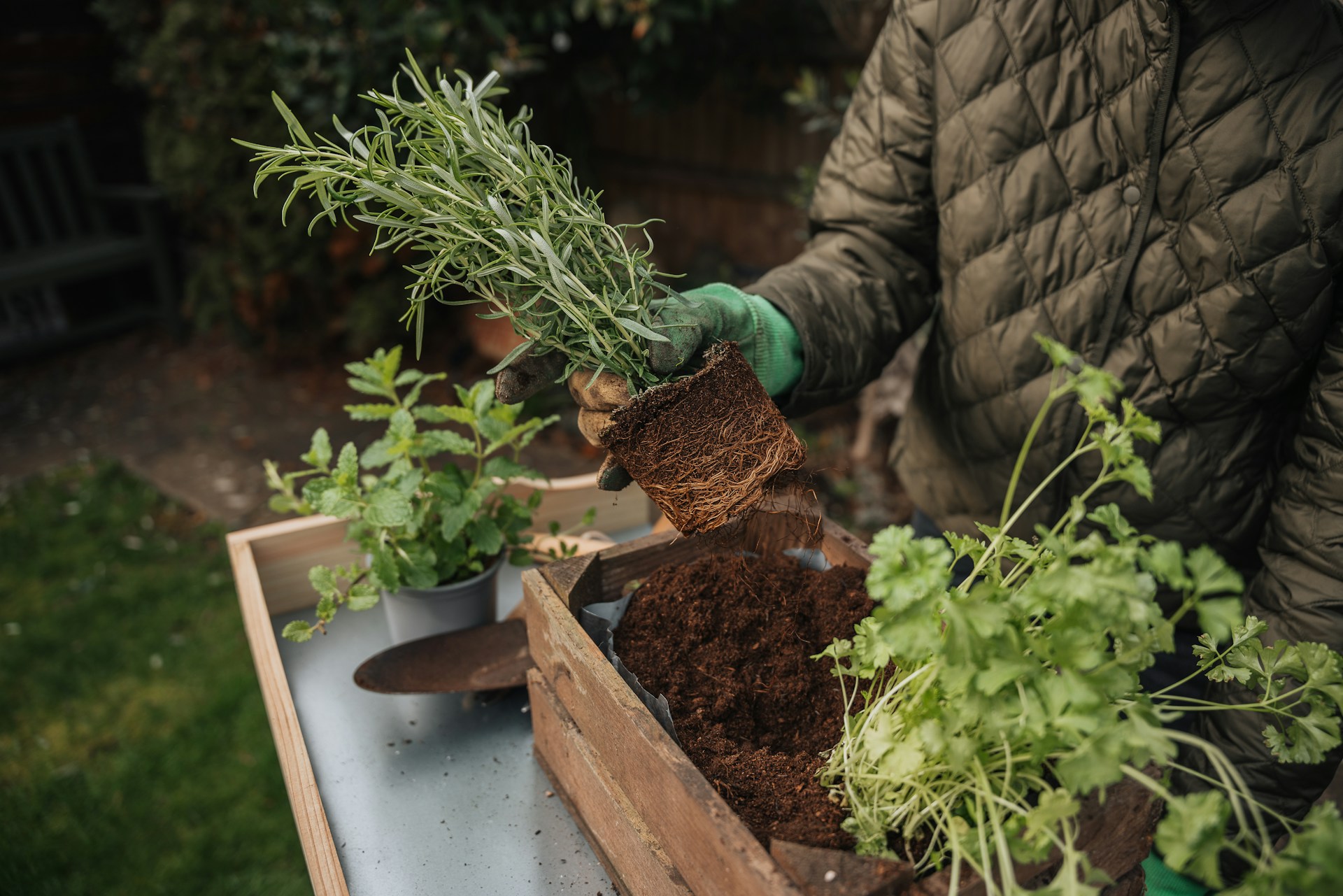If you’ve noticed your plants looking sad and stunted, compacted soil might be to blame. This common issue occurs when soil particles are pressed together, reducing the spaces that allow air, water, and nutrients to reach plant roots. Imagine trying to sip a thick milkshake through a skinny straw – it doesn’t work too well, right? Plants face a similar struggle when the soil is compacted. This can lead to poor plant growth, reduced yields, and even dead patches in your garden.
In Kenner, Louisiana, where summer showers can be heavy and frequent, cultivated garden soil might suffer from this issue more than you think. Tackling compacted soil isn’t just for seasoned gardeners; anyone wanting a lush yard should consider dealing with this problem head-on. By doing so, you’ll give your plants room to stretch their roots, ensuring they thrive throughout the year in the warm Louisiana climate.
Signs Your Soil is Compacted
Wondering if compacted soil might be the culprit behind your garden woes? Here are some telltale signs:
– Difficulty in Digging: If you have to put significant effort into digging even shallow holes, the soil might be compacted. Imagine trying to scoop out solid rock instead of loose earth – it’s exhausting and ineffective.
– Poor Plant Growth: Are your plants growing slowly or unevenly? Compacted soil can restrict root development, leading to plants that fail to thrive.
– Water Pooling on the Surface: Notice patches where water doesn’t drain well and just sits on top of the soil after rain or watering? This indicates poor drainage caused by compacted soil, which prevents water from soaking deep where it’s needed.
Being aware of these symptoms can help you take corrective action before things get worse.
Causes of Soil Compaction
Understanding the root causes of compacted soil can prevent it from happening again. Consider these typical culprits:
– Heavy Rainfall and Waterlogging: In Kenner, heavy rains can lead to waterlogged soil that compacts over time as it repeatedly dries and hardens. This cycle makes it tough for roots to penetrate.
– Foot Traffic and Frequent Use: Constant walking over the same garden paths can press the soil down, just like stepping over a pile of sand again and again turns it into a flat, dense layer.
– Use of Heavy Machinery or Tools: If large equipment frequently rolls over garden areas, it can compress the soil underneath. Even regular use of hefty tools in the same area can contribute to compaction.
Preventing and identifying these contributing factors early can help maintain a healthy garden environment that encourages robust plant growth. Recognizing these causes is the first step towards creating a thriving garden space.
Methods to Manage Compacted Soil
Dealing with compacted soil might seem overwhelming, but there are several techniques to help restore your garden’s health. Let’s look at some practical methods to tackle this issue:
1. Aeration: Think of aeration as giving your garden soil a much-needed breather. Tools like garden forks or mechanical aerators break up compacted soil, allowing air and water to penetrate. Aim for shallow holes that are evenly spaced; this improves overall soil structure.
2. Adding Organic Matter: Boost your soil’s health by mixing in organic matter such as compost or mulch. These materials not only enrich the soil but also enhance its ability to retain moisture and nutrients. As organic matter breaks down, it loosens the soil, promoting better root growth.
3. Avoiding Traffic: Consider creating designated pathways in your garden to reduce compaction caused by foot traffic. These can be made from stepping stones or wood chips and can guide visitors while keeping plants safe from getting squished.
4. Using Cover Crops: Planting cover crops like clovers or rye can naturally aerate and improve soil structure. As their roots grow, they create paths that water and nutrients can easily follow, loosening compacted areas in the process.
Preventing Soil Compaction in the Future
Keeping your garden soil healthy goes beyond quick fixes. Here’s how you can prevent compaction moving forward:
– Regular Soil Testing and Monitoring: By keeping track of your soil’s condition, you can catch compaction before it becomes severe. Soil tests will inform you about nutrient levels and help you make proactive adjustments.
– Planning Garden Layouts: Think ahead when designing your garden to minimize areas prone to compaction. Place heavily used paths and sitting areas in spots where compaction won’t impact the plants.
– Educating Family and Visitors: Talk to family members about sticking to established walkways. Sharing your gardening goals can inspire others to be mindful of where they step.
Let Your Garden Breathe Again
Addressing compacted soil is about helping your garden’s ecosystem thrive, allowing roots to spread without restriction and water to seep deeply. A lush, healthy garden isn’t just about aesthetics; it’s about the satisfaction of knowing your plants have the best environment to grow.
With attention to soil health and implementing practices to prevent compaction, you can enjoy a vibrant garden all year long. By understanding how to manage these challenges, your green space in Kenner, Louisiana, will continue to flourish, bringing pleasure to all who visit.
To maintain a thriving garden in Kenner, Louisiana, understanding how to prevent soil compaction is key. If you’re looking to enhance your garden’s health with expert advice and quality products, connect with Reliable Soil Co. Inc. Contact the leading sand and soil suppliers today to find the perfect solutions for your garden’s unique needs.

